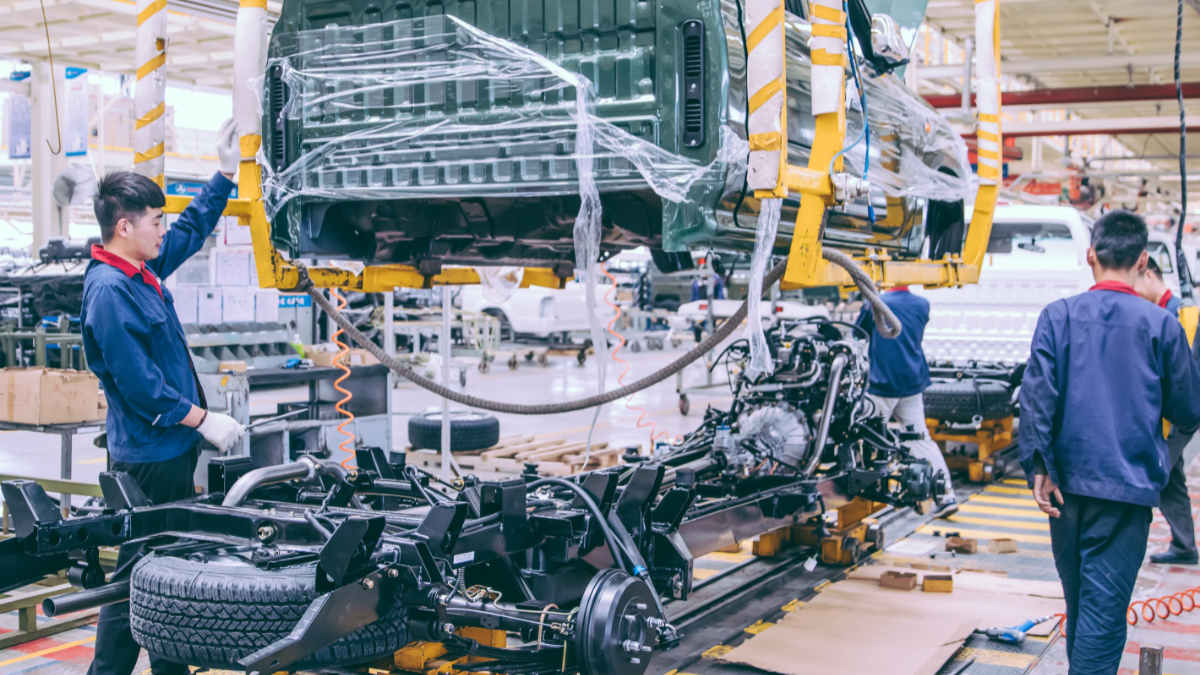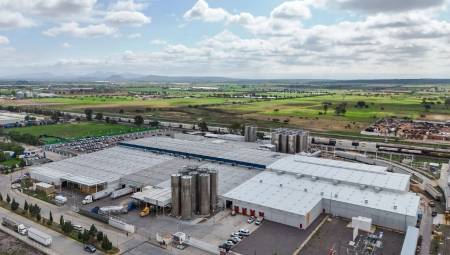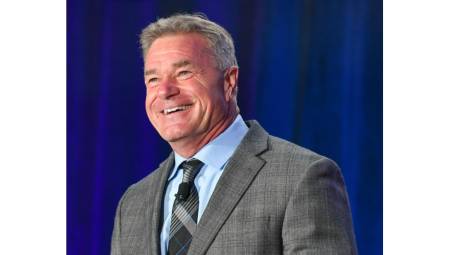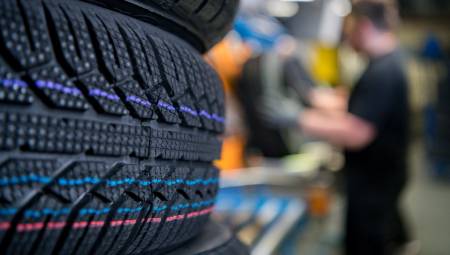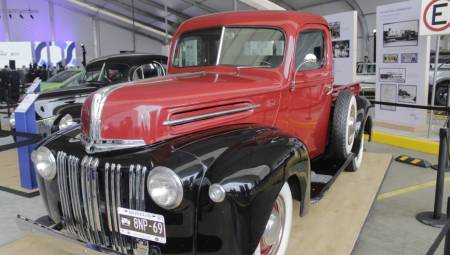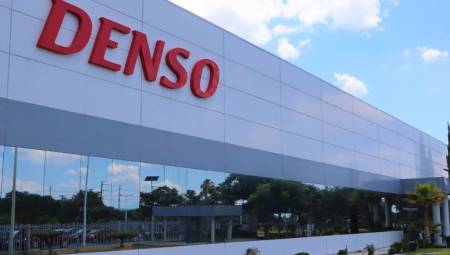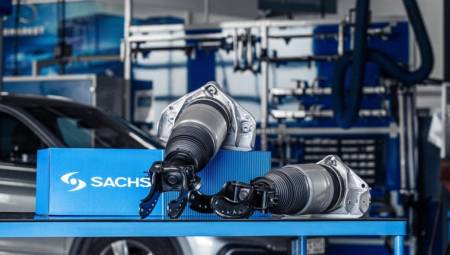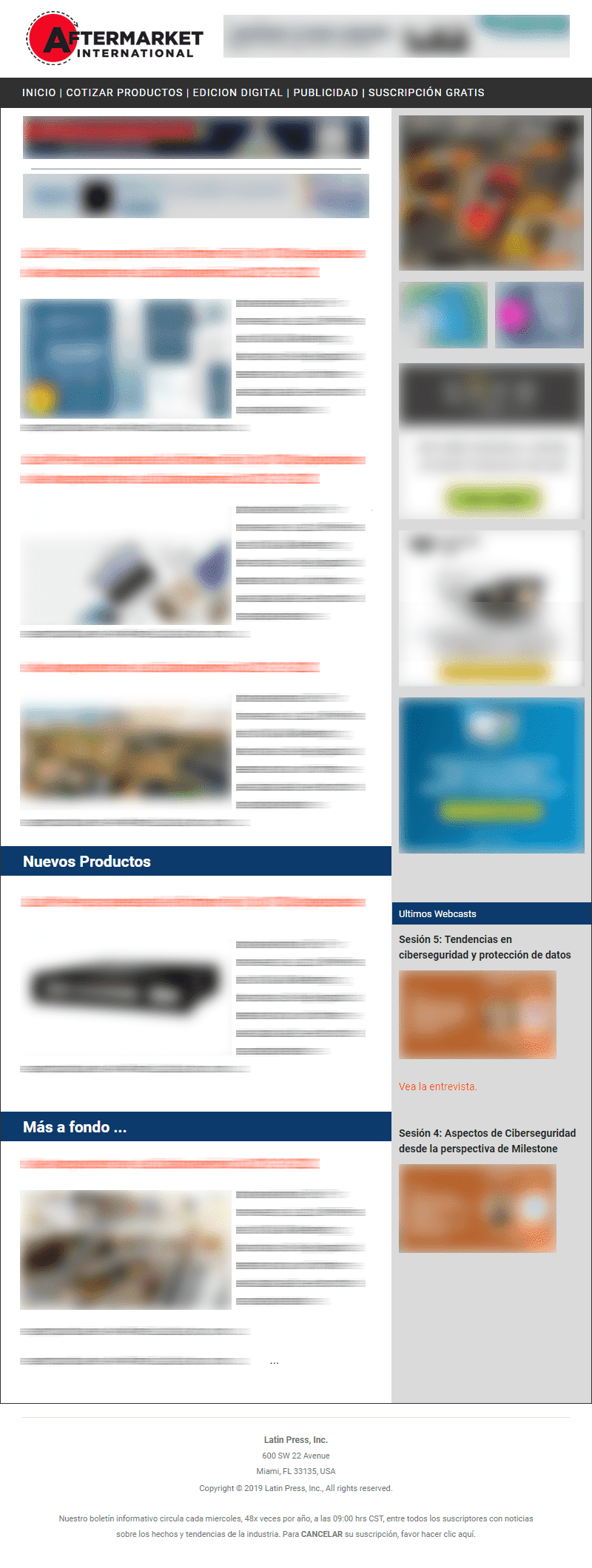Mexico. The auto parts sector faces uncertainty due to Donald Trump's tariff threats. According to experts, these decisions would not affect maquiladoras in Tamaulipas.
In that state, there are around 192 companies dedicated to the manufacture of auto parts that generate approximately 98 thousand jobs in the production of key components such as sensors, suspension parts, galvanized steel sheets, brake systems, dashboards, steering wheels, harnesses, engines and safety and air conditioning systems. These companies, located mainly on the border, have proven resilient to changes in international trade policies.
These maquiladoras, which are a crucial sector in the local economy, will not be affected by the recent tariff threats to Chinese cars made in Mexico by Donald Trump, the Republican candidate for the presidency of the United States, according to foreign trade experts.
Despite Trump's statements about the imposition of tariffs on vehicles produced in Mexico, the sub-delegate of the National Association of Importers and Exporters (ANIERM) in Tamaulipas, Adolfo Castro Tijerina, said that "those that are in uncertainty are the new facilities due to the tariffs."
In another development, Elon Musk, CEO of Tesla, announced the suspension of investment in his gigafactory in Mexico until after the presidential elections in the United States.
Musk said that political uncertainty and Trump's possible tariff policies influence the decision to postpone the construction of an assembly plant in Monterrey, which had been announced to start in 2026. Musk, who has stated his support for the candidate and his intention to contribute financially to his campaign, stressed that the company is evaluating how political events will unfold before proceeding with significant investments in the country.
"Trump has said he will impose high tariffs on vehicles produced in Mexico, so it doesn't make sense to invest heavily in Mexico if that's going to be the case. So, we'll have to see how things play out politically," Musk explained.
The situation reflects the influence of U.S. trade policies on global business decisions and highlights the need for Mexican companies to adapt to an environment of international political uncertainty.
Despite Tesla's paused expansion, the presence of major U.S. automakers in Mexico, such as General Motors and Ford, remains strong, suggesting that the automotive sector will remain an important pillar for the Mexican economy.


